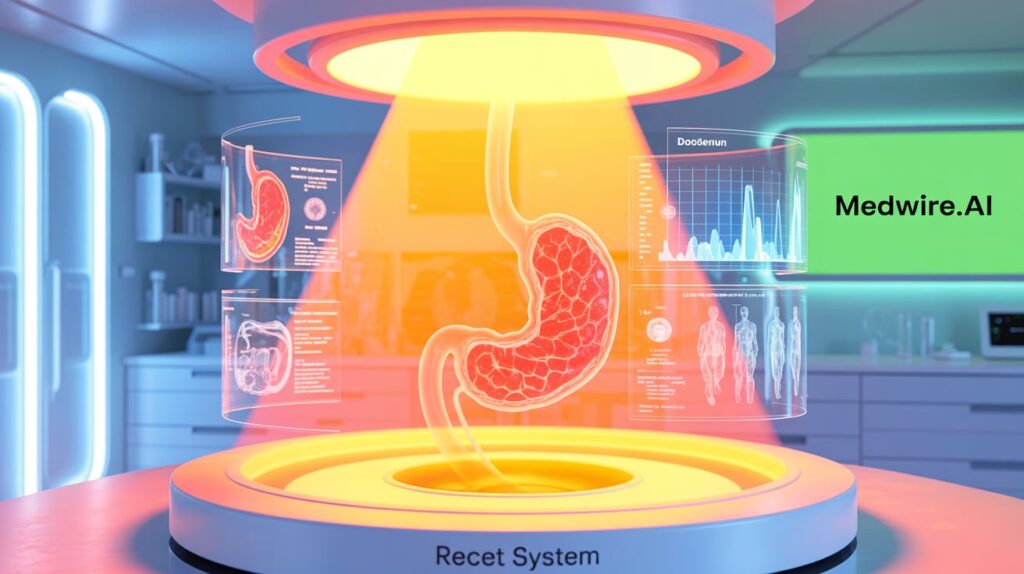Endogenex presented positive results from the Regent-1 Australia study, showcasing its ReCET pulsed electric field (PEF) system as a potential breakthrough treatment for type 2 diabetes. The study demonstrated significant and durable reductions in insulin resistance and improvements in beta cell function, with positive effects lasting up to 48 weeks.
Key Highlights:
- ReCET System: A nonthermal, endoscopic treatment using pulsed electric field energy to regenerate tissue in the duodenum, the part of the small intestine crucial for metabolic coordination.
- Study Results: The procedure achieved 100% procedural success, with no serious adverse events. Improvement in insulin sensitivity and beta cell function was dose-responsive and persisted over time.
- Durability of Effects: Results suggest that the treatment effect is long-lasting, with improvements sustained at 12 and 48 weeks.
Expert Insights:
- Dr. Barham K. Abu Dayyeh, lead author, emphasized the importance of the duodenal mucosa and submucosa as critical therapeutic targets in managing type 2 diabetes.
- Endogenex CEO Stacey Pugh called the study findings “transformative,” reinforcing the ReCET system’s potential to offer a novel approach for managing the disease.
Endogenex’s ReCET system offers a promising new direction for treating type 2 diabetes, potentially revolutionizing how patients manage insulin resistance and beta cell dysfunction.
Follow MEDWIRE.AI for updates on diabetes treatments and emerging medical technologies.








